
NOVEMBER 2020 (VOL.157)
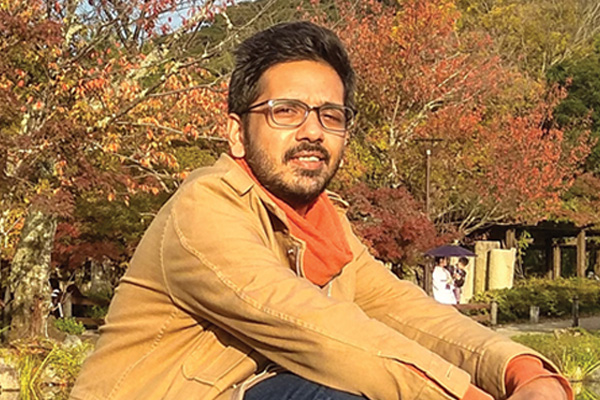
What do you study in Japan?
I am doing my PhD. in Global Environmental Studies. My academic background is in Architecture and Urban Planning, and I have also worked as a Lecturer for students in Architecture and Planning for four years in India. Japan has great opportunities to study Environmental Studies because Japan is taking some serious measures towards combating Environmental degradation and climate change.
What do you think about Japanese education compared to Indian education?
The Japanese education system is certainly more organized and well-planned, compared to the Indian education system. The first noticeable difference was the campuses in Japan and the freedom to access the lab and the department at all hours, including night time. In India, the culture of ‘open campuses’ is very rare as one is expected to work in his or her hostel room after college hours. Both education systems have their own merits, and it would be unfair to compare them due to respective scenarios in both countries, but I like the fact that Graduate courses in Japan, especially Masters are more research-oriented. The courses are short term, which makes them easier to grasp and the coursework is well designed and not too heavy on the students.
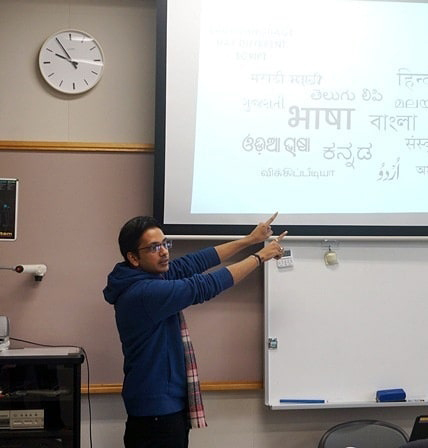
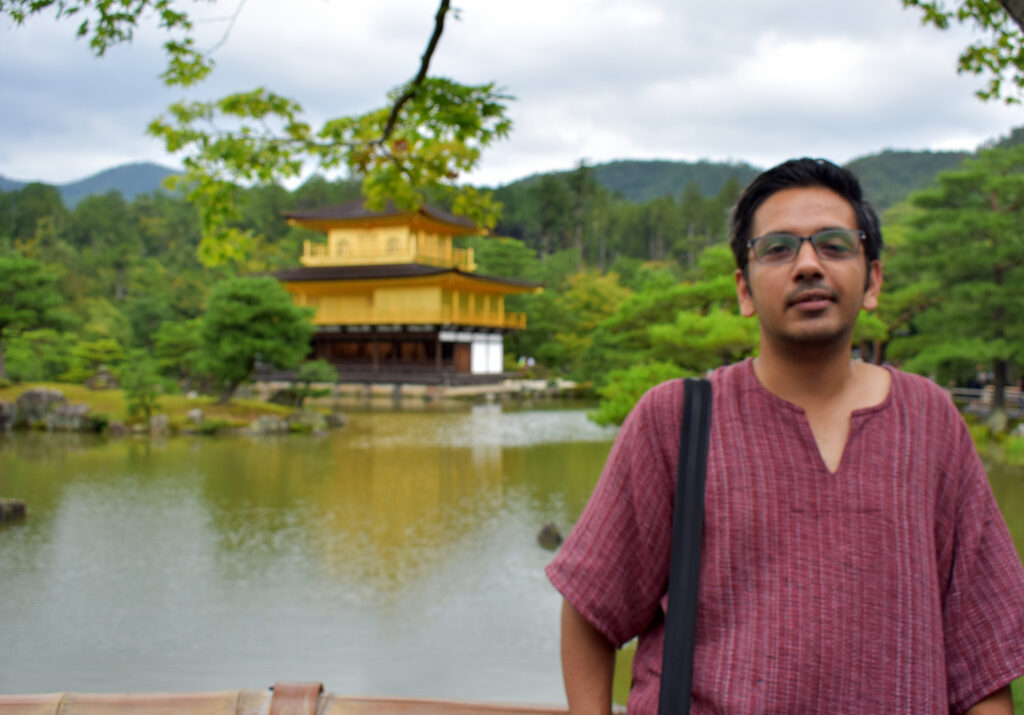
What do you miss about your maternal country living in Japan?
I miss the food, the cultural events, the noisy neighborhoods, and the diversity that is present in India. In India, the food, culture, and people change as you travel from North to South and from East to West. India is a very huge country compared to Japan and given a history of colonization, India lives in the past and the present simultaneously. As the first Prime Minister of India Jawaharlal Nehru puts it in his book ‘The Discovery of India’: “an ancient palimpsest on which layer upon layer of thought and reverie had been inscribed, and yet no succeeding layer had completely hidden or erased what had been written previously”. While India surprises me with its diversity, Japan has a certain sense of calm to it.
What do you appreciate most about Japanese culture?
The people in Japan are really polite, and sometimes they go out of their way to help you. Even if the language is a barrier, they will try as much as they can to help you in difficult situations. I have learned more Japanese by navigating in supermarkets and talking to people, than sitting in a classroom. And surprisingly, some things are really similar to India which makes Japan feel like home, for example, removing shoes before entering a household, and ‘uchimizu’, the act of sprinkling water in the courtyard or an open space during hot summer days. I have met people who have taken great pains to help me while taking the local bus or when navigating the city. Also, I really appreciate the attitude people in Japan have towards Art. As an Art-lover, it’s really exciting to visit the museums and see people enjoying the famous Artworks.
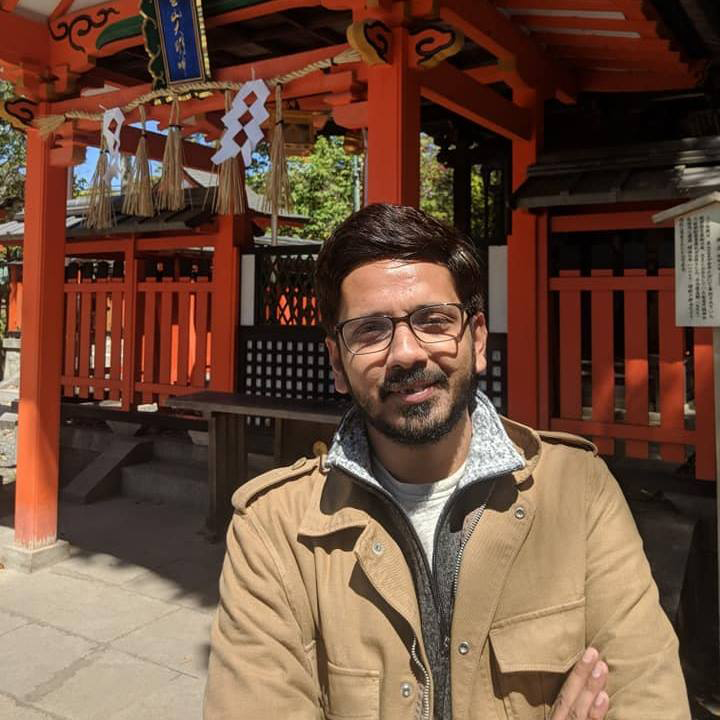
V
What parts of Japanese culture do you recommend that foreign people try to experience?
People should definitely try the tea-ceremony, and see Kabuki shows, apart from trying to play the Shamisen. I did a shamisen workshop once, and it was absolutely great. I would suggest foreigners to roam around in local markets and talk to people and see the less visited places in the city to soak the local experience. For example, when it comes to Kyoto, people can go to local bars in the evening or to the riverfront to see how people go about their everyday life.
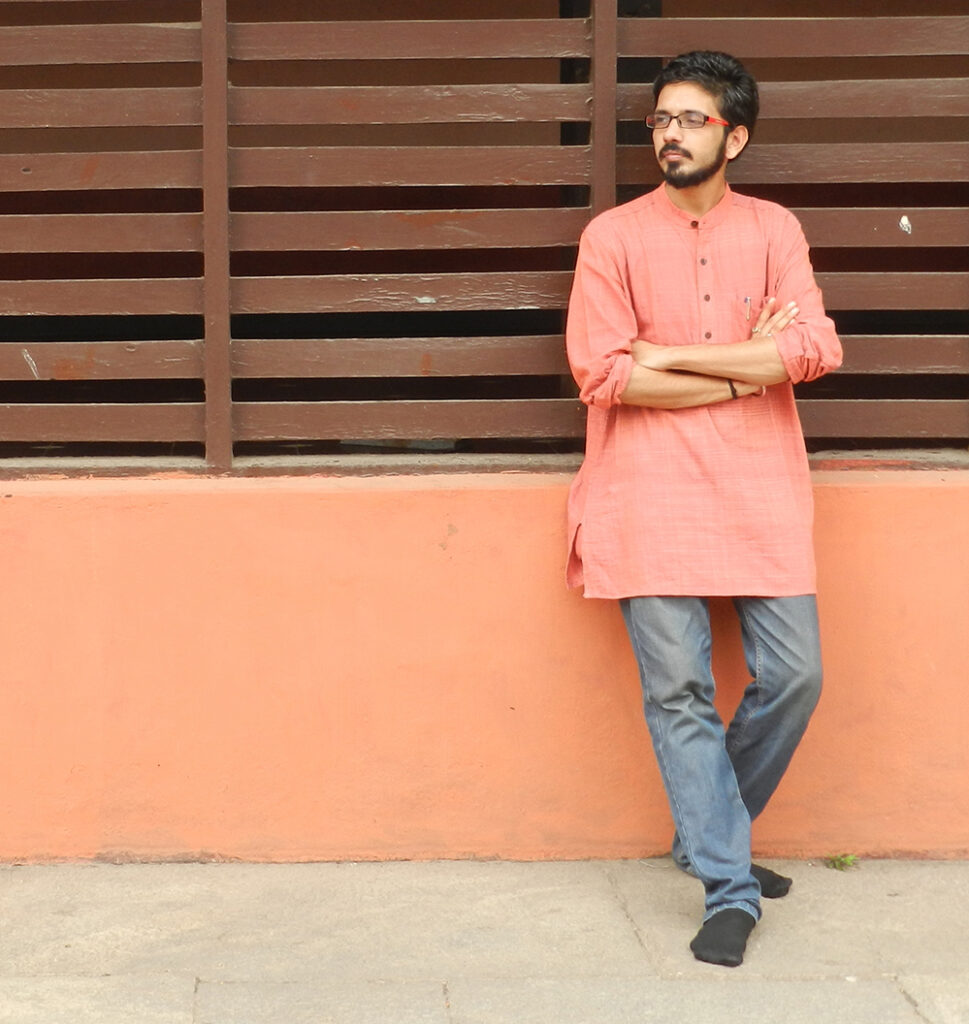
Would you like to continue to live in Japan for the rest of your life, or do you think you will return to your home country? If so, why?
I would love to live in Japan for the rest of my life if I get an opportunity, as Japan is certainly more developed and more convenient, and the quality of life is better. I think it will be better for my career as well because there are many good opportunities available here in Japan.
V
V



